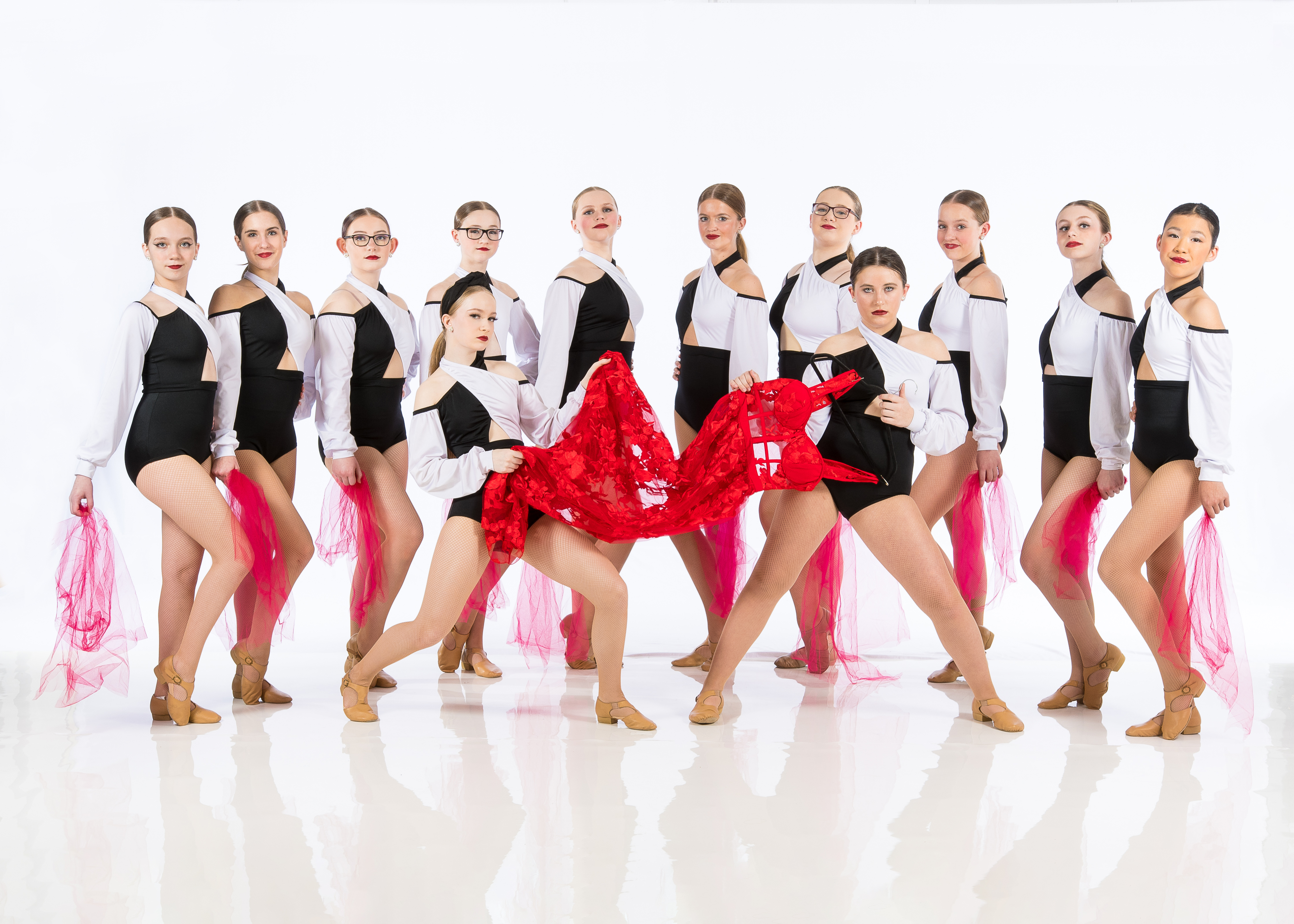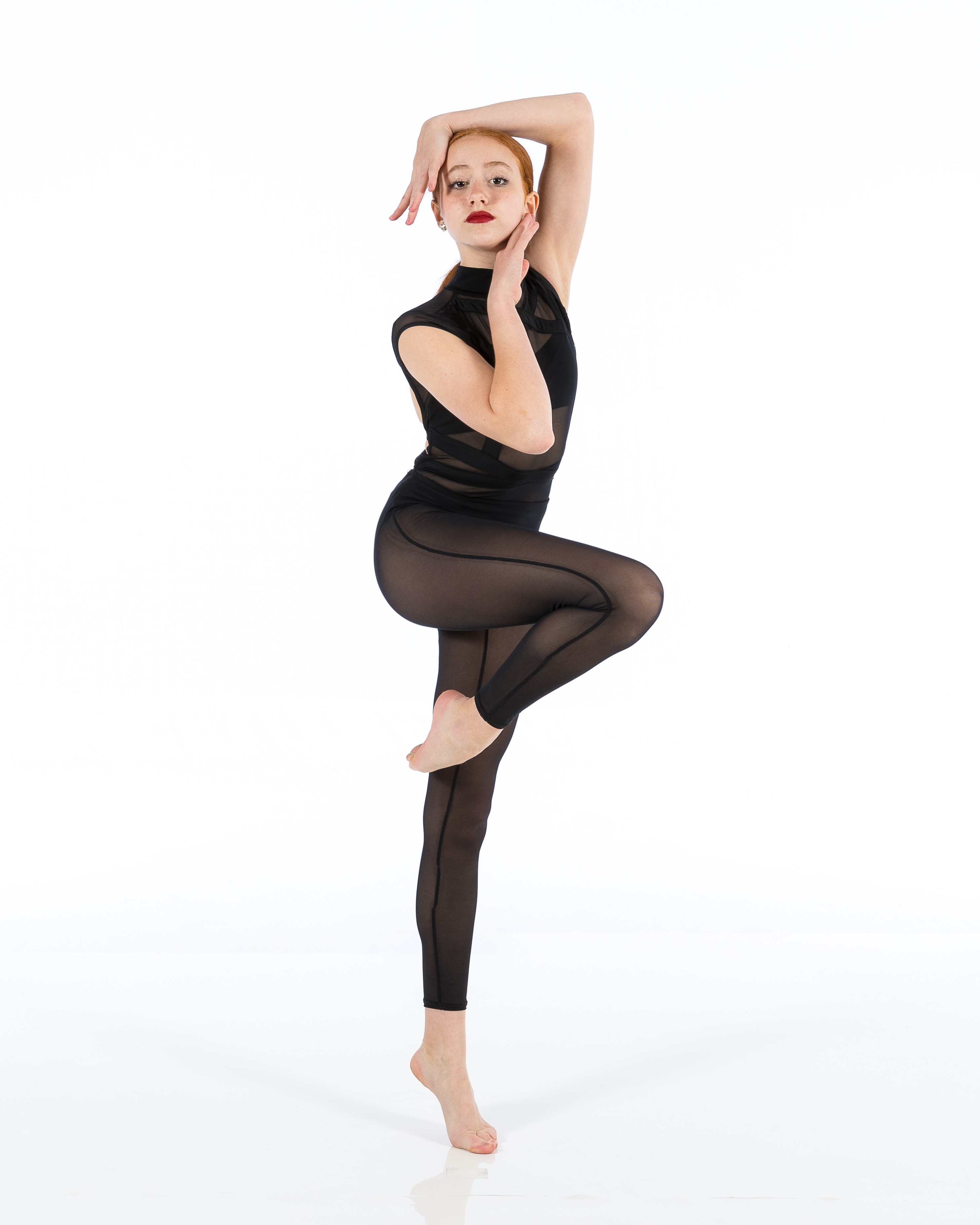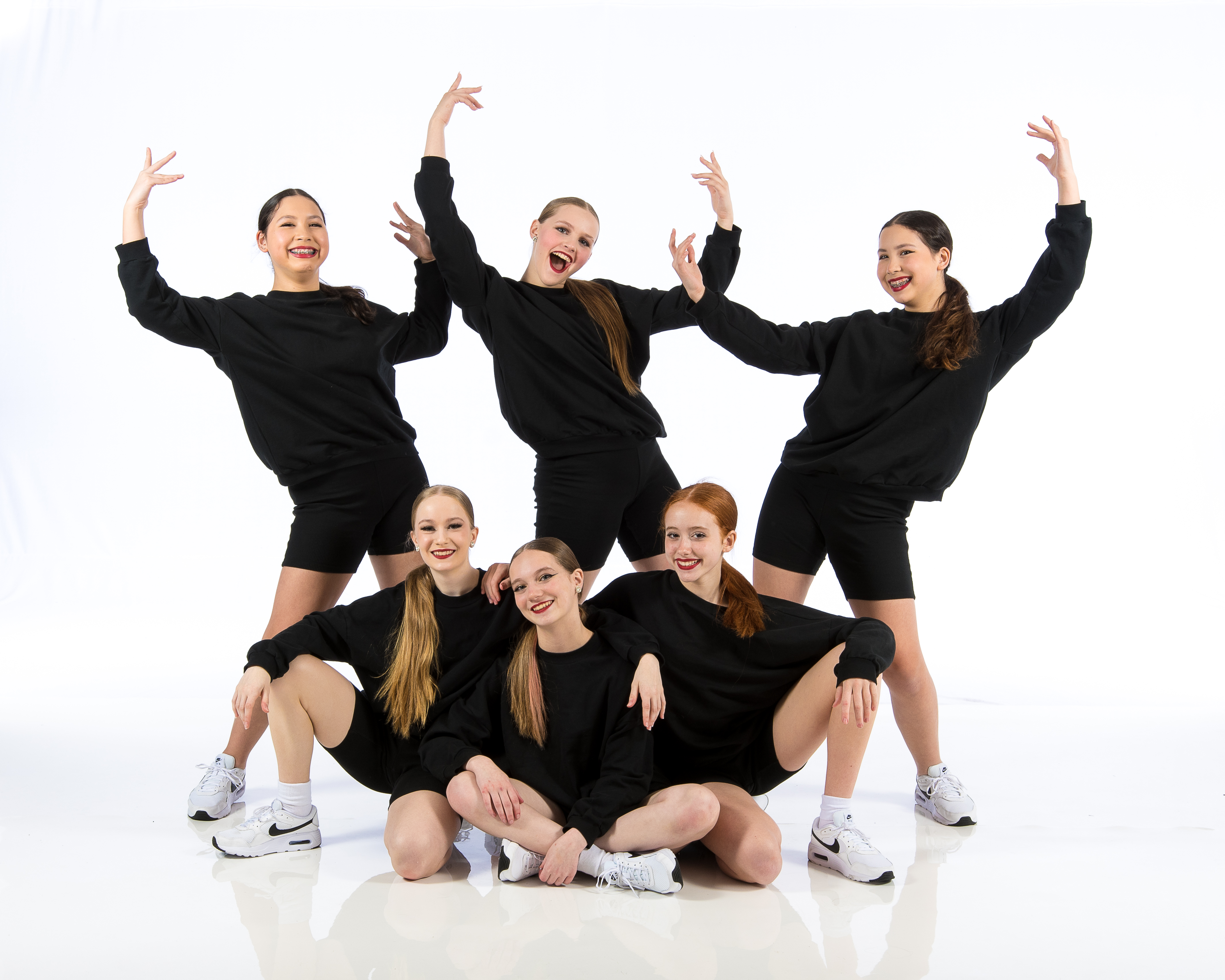Introduction
Stepping into a dance studio for the very first time is a thrilling experience, one that can stir an alcoholic drink of feelings-- enjoyment, uneasiness, expectancy. Whether you're a seasoned dancer or just beginning your trip, recognizing the nuances of dance studio decorum can elevate your experience and improve your connections with teachers and fellow professional dancers alike. In this detailed overview, we'll dive deep into Mastering Dance Studio Rules: Vital Tips for Beginners and Pros Alike
From standard rules to sophisticated factors to consider, this short article will certainly cover every little thing you need to learn about browsing the lively world of dancing studios. So tighten up those shoelaces and let's get started!
The Significance of Dance Studio Etiquette
Why Decorum Issues in Dance Studios?
In any artistic environment, etiquette plays a crucial role in keeping harmony and regard among individuals. Dancing workshops are no exception. Good etiquette promotes a favorable atmosphere where imagination can flourish.
- Respect: Being considerate towards teachers and fellow dancers develops common respect. Focus: Etiquette reduces distractions, permitting everybody to focus on learning. Community: Etiquette helps develop a helpful area that motivates growth and camaraderie.
Common False impressions About Dance Studio Etiquette
Many novices hold false impressions regarding what makes up appropriate habits in dancing workshops. Let's expose some myths:
Myth 1: "Only innovative dancers require to comply with etiquette."
Fact: Decorum is important for all levels; it reflects professionalism.

Myth 2: "Instructors are also rigorous regarding guidelines."
Fact: Teachers implement policies to preserve order and respect.
Basic Dance Studio Decorum for Beginners
Dress Code: What to Wear?
First perceptions matter! The right attire not just reflects your dedication however additionally improves your performance. Right here's how to dress suitably:
- Comfort: Choose clothes that allow complimentary movement. Footwear: Invest in good-quality shoes suited to your dancing style.
|Dancing Style|Advised Clothing|| -------------|-------------------------|| Ballet|Leotard, leggings, ballet slippers|| Hip-Hop|Loose-fitting clothing, tennis shoes|| Faucet|Comfy clothing, tap shoes|
Arriving on Time: Punctuality is Key!
Being late can interrupt the entire class. Purpose to arrive at the very least 10 minutes early to:
- Warm up. Settle in mentally.
Tip: If you're running late due to unanticipated conditions, notify the trainer beforehand.
Quiet Zone: Preserving Silence Prior To Class
Dance workshops flourish on focus. Maintain discussions to a minimum before course begins to ensure everybody can prepare mentally.
Intermediate Dance Studio Etiquette: Structure Relationships
Respecting Personal Space in Class
Every professional dancer deserves their space throughout session. Stay clear of crowding others while exercising moves or routines.
Why It Issues: Appreciating personal area promotes comfort and promotes far better knowing experiences.
Listening Actively Throughout Instructions
When a teacher is talking, it's vital to focus. Energetic paying attention demonstrates regard and aids you comprehend essential concepts.
How To Show Active Paying attention:
Maintain eye call with the instructor. Nod when appropriate. Ask making clear inquiries if needed.Advanced Dance Studio Etiquette: Raising Your Experience
Providing Useful Responses Wisely
As you expand much more experienced, sharing feedback becomes part of the culture. Nonetheless, strategy this delicately:
Focus on details motions as opposed to general critique. Offer pointers only if obtained by peers.Encouraging Others: Building Area Spirit
Support your other professional dancers with support:

- Compliment their efforts genuinely. Celebrate their success openly.
Mastering Dance Studio Rules: Crucial Tips for Beginners and Pros Alike-- The Teachers' Perspective
Understanding Instructor Expectations
Instructors generally have specific assumptions pertaining to behavior in course. Acquainting yourself with these can significantly enhance your learning experience:
Listen attentively when they speak. Follow instructions precisely. Give your best shot during every session.Building Rapport with Your Instructor
Establishing a great relationship with trainers can be valuable for your development as a dancer:

- Ask questions associated with choreography or technique after class. Thank them for their advice post-class; recognition goes a lengthy way!
Handling Problem With dignity in the Dance Studio Environment
Dealing with Disagreements Among Peers
Conflicts may emerge within any type of group setting; understanding exactly how to manage them with dignity is essential:
Approach the person privately without rising tension. Use "I" declarations rather than "you" statements (e.g., "I felt ignored when ...").Addressing Concerns with Teachers Professionally
If you have problems concerning instruction or class dynamics:
Request an exclusive meeting after course hours. Express your feelings constructively focusing on solutions as opposed to complaints.The Role of Non-Verbal Interaction in Dance Studios
Understanding Body movement Signals
Dance inherently involves non-verbal interaction; recognizing exactly how body movement features in this context is important:
Positive body language (e.g., open pose) cultivates connection. Negative signals (gone across arms) may share defensiveness or disengagement.Using Eye Get in touch with Efficiently Throughout Classes
Maintaining eye call with instructors shares listening while also helping develop relationship amongst peers during group performances!
FAQs
Q1: What ought to I use for my very first dancing class?
A1: Opt for comfy clothes that permits complimentary motion-- yoga Dance Academy exercise trousers or tights paired with a fitted top works well!
Q2: Is it all right to miss out on courses occasionally?
A2: Life happens! Notify your teacher ahead of time preferably; they'll appreciate your consideration.
Q3: How do I take care of sensation shy around various other dancers?
A3: Start little-- present on your own one-on-one before increasing interactions progressively as knowledge grows!
Q4: Can I bring good friends along to observe classes?
A4: Most workshops favor prior setups; talk to administration initially so they know extra attendees!
Q5: Suppose I disagree with an instructor's feedback?
A5: Approach them respectfully post-class; express feelings utilizing "I" statements concentrating on constructive dialogue as opposed to confrontation!
Q6: Must I take part in performances also if I'm new?
A6: Absolutely! Getting involved increases self-confidence-- speak out regarding any kind of hesitations so lodgings can be made accordingly!
Conclusion
Mastering dance studio etiquette isn't almost following regulations; it's about growing an improving atmosphere where every person really feels valued and motivated-- whether you're just starting or refining sophisticated techniques as an experienced pro! By sticking very closely to these essential ideas described below under Mastering Dance Studio Decorum: Important Tips for Beginners and Pros Alike, not only will you improve your own experience yet likewise contribute positively in the direction of supporting an inviting community within each dance studio you poise with your visibility! So take these insights onward into every studio space you get in-- and allow the rhythm lug you toward excellence!